
It’s I (he, she). 是我(他、她)。(正式)
It’s me (him, her). 是我(他、她)。(非正式)
2. 当人称代词用于than和as之后时,既可用主格也可用宾格。如果将than, as看作连词,则后面用主格;如果将than, as看作介词,则后面接宾格。由于在口语中,人们常将than, as视为介词,所以在口语或非正式文体中,多用宾语。如:
She is quicker at figures than me. 她在计数方面比我要快。
She is quicker at figures than I. 她在计数方面比我要快。
You’ve got the same idea as me. 你的想法跟我一样。
You’ve got the same idea as I. 你的想法跟我一样。
She was wearing the very same shoes as me. 他与我穿的鞋子完全一样。
She was wearing the very same shoes as I. 他与我穿的鞋子完全一样。
注意,若在than, as后的人称代词后接有谓语动词,则必须要用主格。如:
I’m not as clever as he is. 我没有他聪明。
He will see you as soon as he can. 他会尽快来看你。
He eats more quickly than I do. 他比我吃得快。
Just because they make more money than I do, they think they’re superior. 只是由于他们挣钱比我多,他们就认为比我优越。
3. nobody but me这类表达用作主语时,but后的人称代词用主格或宾语均可以。若将but视为连词,则其后用主格;若将but视为介词,则其后接宾格。如:
Nobody but she has seen it. 除了她之外,没有人见过它。
Everybody but me has a computer. 除我外每人都电脑。
相关推荐
1)物主代词既有表示所属的作用又有指代作用,例如: John had cut his finger; apparently there was a broken glass on his desk. 约翰割破了手指,显而易见,他桌子上有个破玻璃杯。 物主代…[阅读全文]
1.each是每一个的意思,把一些东西或人一个个加以考虑时可以用它。在句中它可用作: 1)主语: Each of us has something to say. 我们每个人都有些话要说。 Each(of them)can only speak for …[阅读全文]










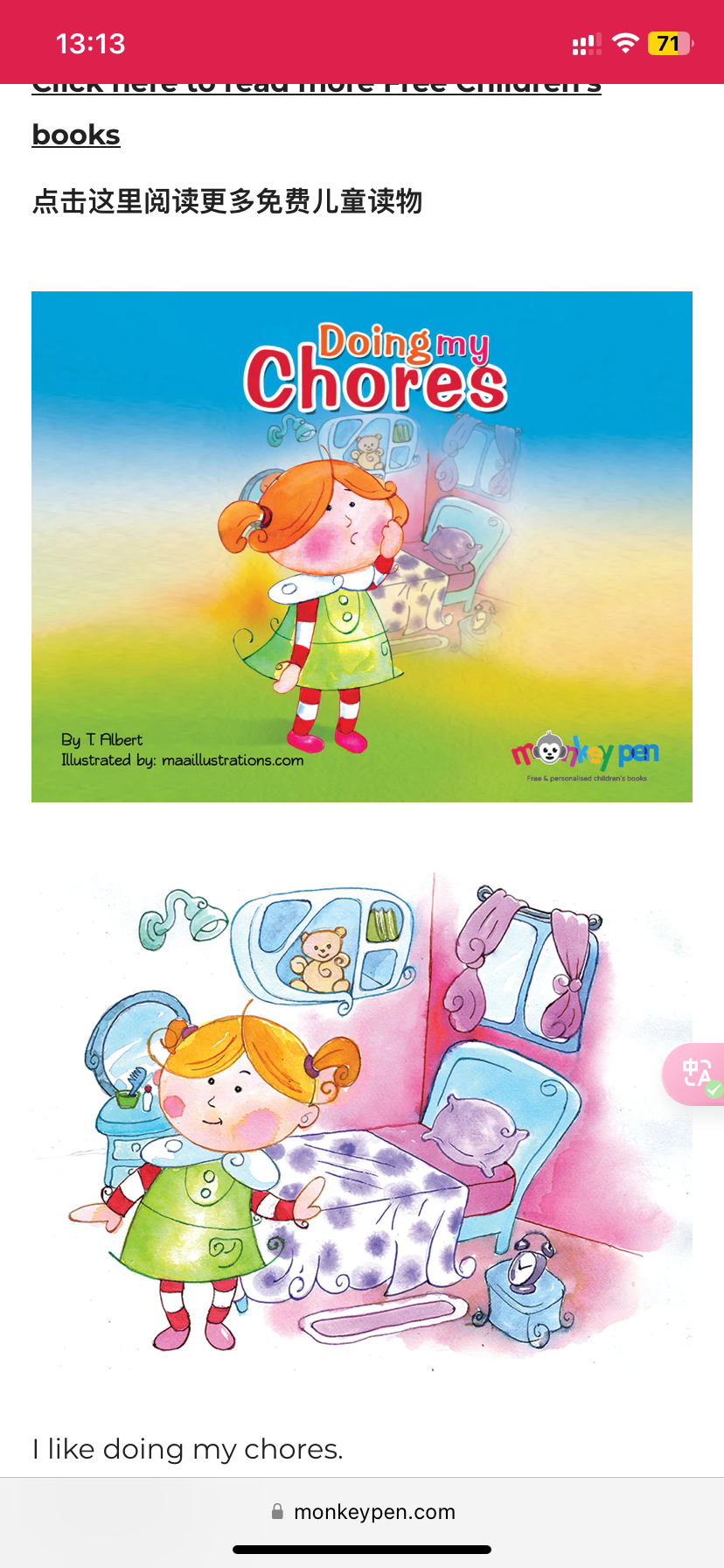

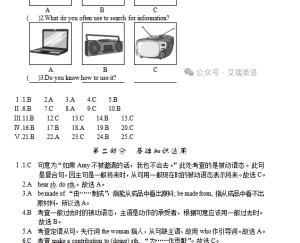
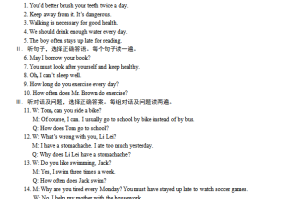


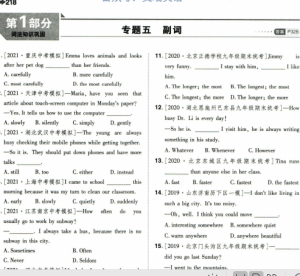
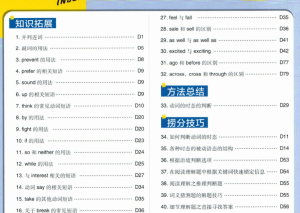
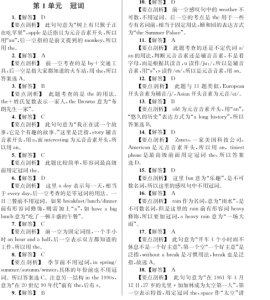
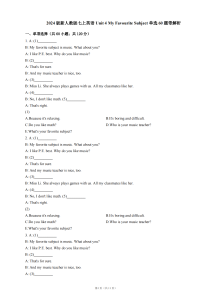


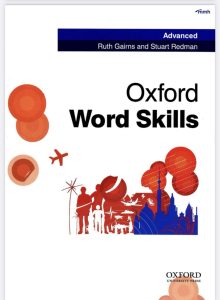
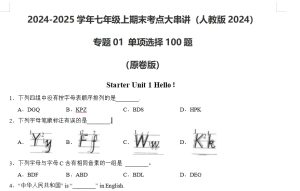
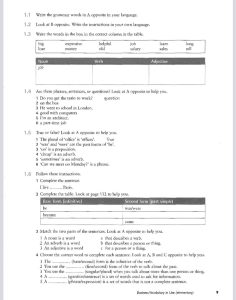



暂无评论内容